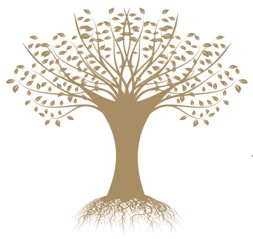By Michael Doko Hatchett
"You can't", says Buddhist monk Thanissaro Bhikkhu, "let your desire for warm feelings of love and intimacy render you insensitive to what would actually be the most skillful way to promote true happiness for all."
When it comes to learning about Buddhist psychology and mindfulness, most of us are addicted to just wanting to hear inspiring things that stimulate certain emotions and give us more 'heart-juice'. This sweet stuff helps us feel strong. But how long does that really last? We tend to again and again ignore the key components in the Buddha's full message; that there is a limit to how many post-it notes with inspiring quotes will fit on the fridge and there is a limit to how 'whole' they can make you feel. If we want to understand suffering we need more than vague movements towards what seems to soothe our longing for love, intimacy and connection.
Although inspiring, heart-juice has its place and is often the catalyst for compassionate new action (and also the building of Ojas in the system and the calming of the bodily Winds), what we really need is to understand, esteem and practice our capacity for the reliable game-changers. These are the less obvious transformative factors of concentration, equanimity, perseverance, precision, detachment, dispassion and discernment. It is the practicing of these sharper things that count the most in the long run. The warm juicy words from the mouths of Buddhist teachers and the like that help us exhale, 'come home', snuggle in, and feel safe and secure are good medicines in the right doses at the right times, but can easily become an addiction that can cover over what really changes the habits of self-created suffering.
Too many of us shut down at listening to anything that points at deconstructing our delusion and suffering through mindful concentration in favour of wishing to manually construct happiness with happy thoughts or 'wider' views. "All constructed things will fall, and thus have anxiety as their nature" says the Buddha. Therefore learn about the sharper end of practice that cuts away suffering. Learn how these factors are intrinsic in the brain's self-soothing processes and capacities for joy and kindness. Learn about them and practice the formal exercises given to you by a sound teacher of them.
With love,
Doko


